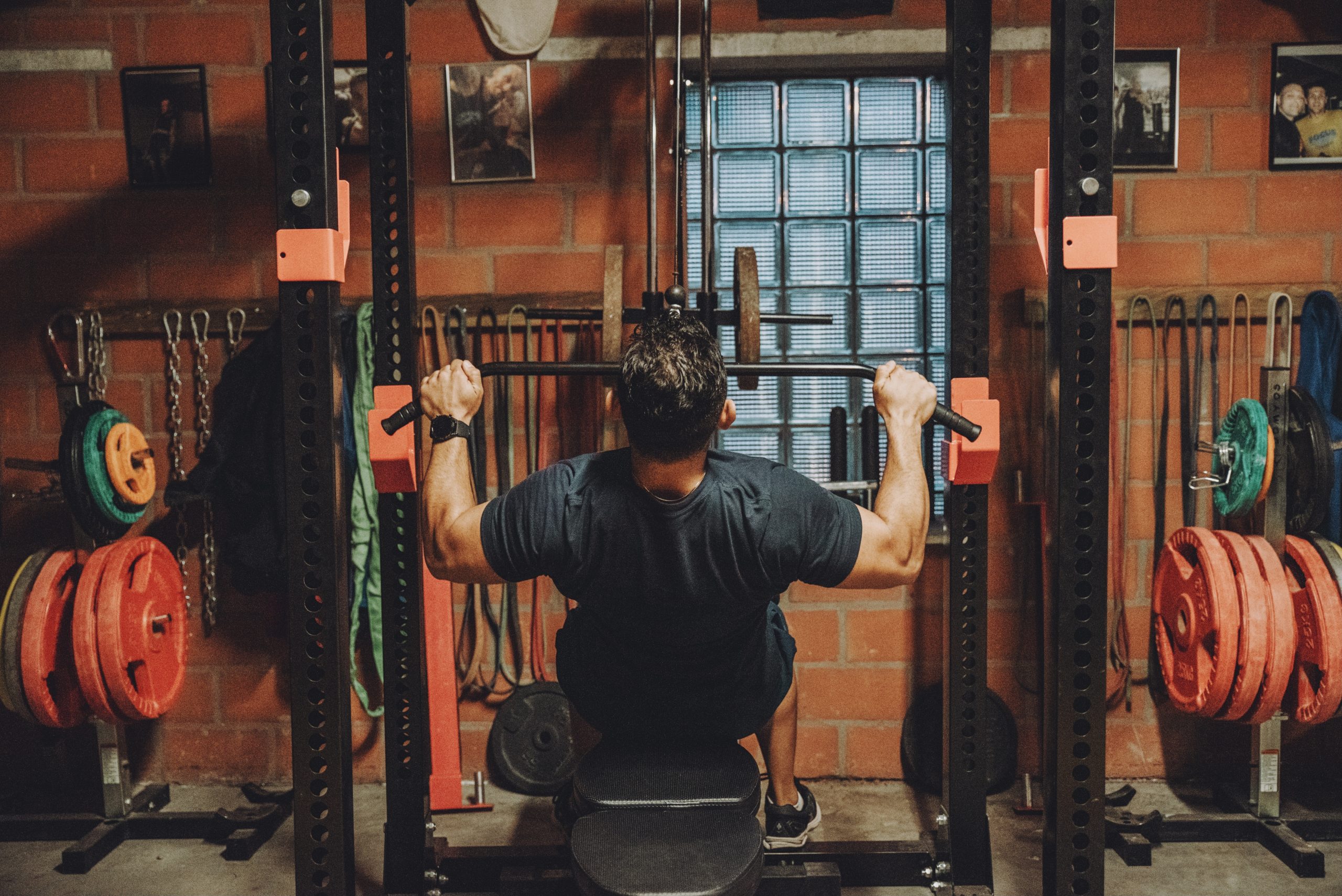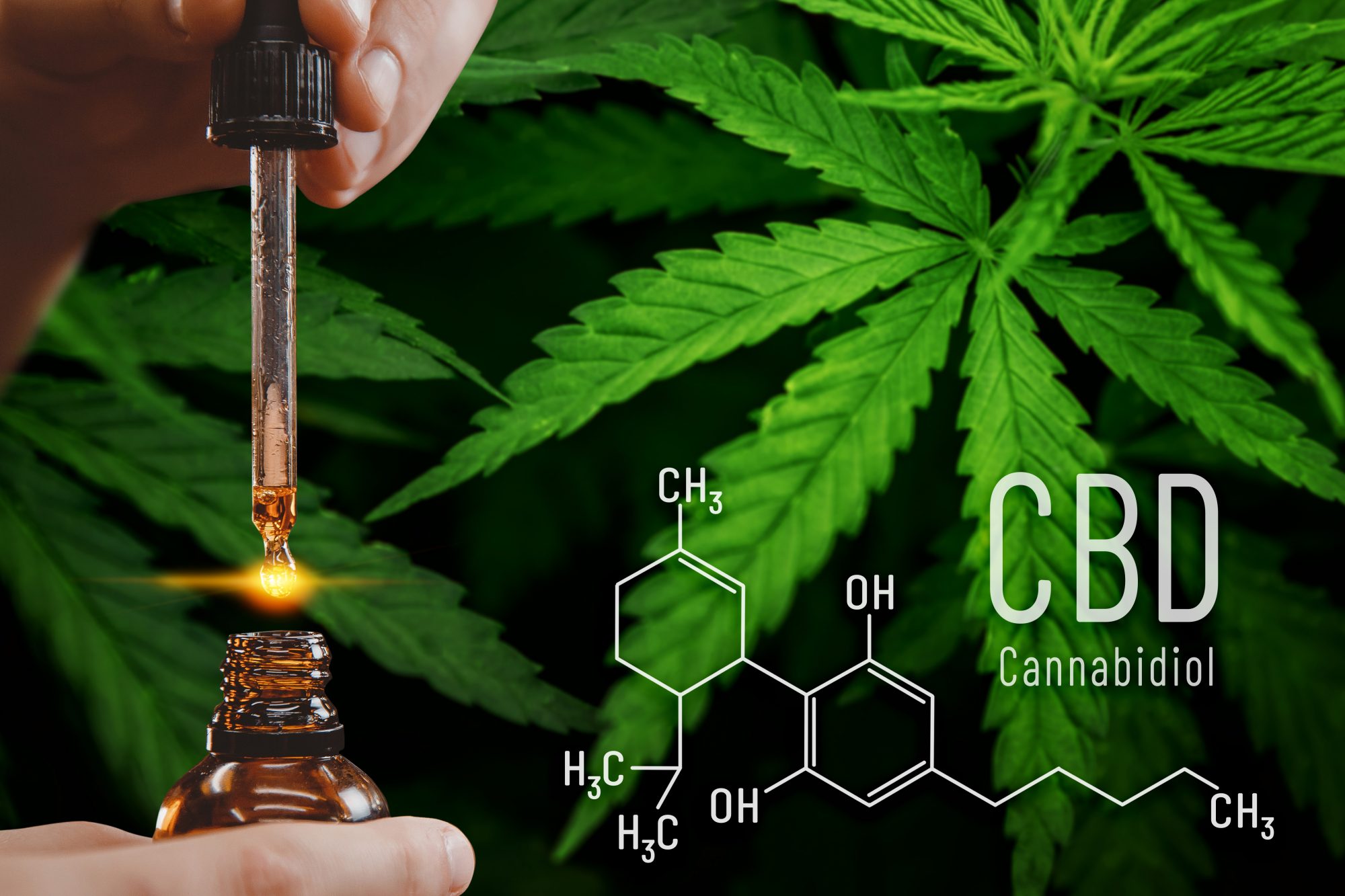
- Cannabis
-
by Christophe Tamai
The entire cannabidiol (CBD) market has been enjoying an upward trajectory. Hemp is now one of the most sought after agricultural commodities, which opened the flood gates for many products across the CBD market. Many of these are advertised and used for their alleged health benefits. Sure, the FDA has yet to approve them for medical use, but strong anecdotal evidence suggests that CBD’s benefits for health and wellness might be real.
Related: FDA and WHO Statements on Safety of CBD — Featuring Dr. Scott Shannon
With a lot of researchers studying the advantages of hemp, the number of potential applications of this herb has risen even more. For example, back in the day, hemp might have been used to combat headaches or bouts of nausea. That being said, today, even the fitness industry is looking at CBD.
But the question stands — can CBD really help improve your workout gains?
Can reduce pain
One first needs to take a look at how the plant works to get a picture of the potential benefits of CBD and hemp when it comes to fitness. One way to do this would be to check how it’s used those who patronize it. According to statistics, pain is one of the main reasons why people use hemp and its derivatives.
Although it isn’t approved for such uses just yet, studies have found that it can significantly reduce the subjective experience of pain.
When you work out, you subject your muscles to rigorous use that causes micro-tearing. While this can result in pain, this is absolutely normal and is all part of the muscle building- and growing-process. Studies have found that CBD’s pain-relieving effects can be beneficial for muscle pain, just as it can help with alleviating headaches.
For workouts, some of the best methods of delivery are orally with a tincture or oil, topical or infused in a warm bath.
It might enhance endurance
The endocannabinoid system interacts with all sorts of cannabinoids, including CBD. This system is involved in a wide range of bodily functions, such as the management and perception of pain, metabolism, hunger, stress and even reproductive functioning.
However, a study found that the endocannabinoid system might be involved in much more than that. According to this study, an intact endocannabinoid system is what results in the feeling of a runner’s high.
A runner’s high can enable people to power through longer workout routines thanks to the positive feelings it can provide, resulting in an extended endurance.
Can enable faster recovery
Another common reason for people using CBD is for inflammation. Some studies found that CBD can be effective in treating conditions like inflammatory bowel disease, arthritis and even Alzheimer’s.
By now, CBD’s anti-inflammatory properties have also found some recognition in the fitness industry. With research suggesting that taking CBD after a workout could speed up the recovery process, as it reduces the inflammation of your muscles. This means that you might feel less soreness after a workout, which lets you establish routines faster and hit the gym more regularly.
Where do we draw the line?
While CBD can be an intuitive, all-natural way to assist in your workout performance, there are beliefs that people hold on to that are not true. For example, one such claim is that hemp and its derivatives can completely eliminate the need for recovery, which isn’t the case.
While it can help with soreness and make you feel more capable to work out again sooner, it will not entirely eliminate the recovery process. Your muscles are torn during exercise, which paves the way for new muscle growth. That’s why muscles gain mass the more that you work out. Without this, muscle growth would be impossible.
Hemp that you can get from companies such as Industrial hemp farms might be able to help with the extent of the soreness, but there will always be some feeling of discomfort after a workout. What’s more, experts advise that individuals continue to take breaks between workouts to allow the muscle to grow.
Just because you might feel less sore with CBD that doesn’t mean that you should push yourself to the limit. In reality, recovery is just as important as the workout, and arguably even more important.
Another thing that many people think is that taking CBD puts a person in a state of super energy, because of the alleged ‘high’ that it might cause. But the truth is that hemp doesn’t contain any tetrahydrocannabinol (THC) — the major psychoactive compound found in marijuana.
So, there won’t be a sense of high, or that feeling of supercharged, out of control energy and power that some people associate with it.
Final words
While it is true that hemp and CBD could potentially help with your recovery from working out, the studies are still pretty blurry. However, there is anecdotal evidence that supports the benefits of hemp for working out.
Sure, it’s not going to entirely change the way you experience the gym, but it might help improve your overall performance.
Source: Click here!


